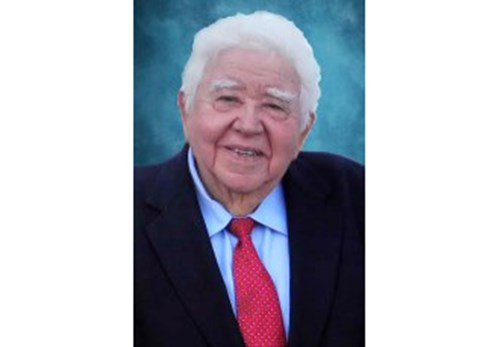Roland Nardone – Pioneer in the field of cell line authentication

Roland M Nardone, Ph.D.
We were sorry to learn that Dr Roland Nardone passed away on 20th June 2018. Roland had a distinguished career in research and teaching for over 50 years. His passion for teaching led him to establish two organisations for training for biomedical research scientists. About 17,000 students have already benefited from the Centre for Advanced Training in Cell and Molecular Biology and The Bio-Trac Training Programme. Roland had a passionate belief that science must be reproducible and became a leading pioneer in alerting the biomedical scientific community to the widespread global problem of misidentified cell lines in life science research. He devoted himself to promoting and resolving this issue from 2005.
Roland published many papers highlighting the problem of the use of misidentified cell lines and just as importantly investigated the causes, effects, consequences and prevention of the issue. In 2007 as Professor Emeritus of the Catholic University of America he published a now famous open letter to Secretary Michael O. Leavitt at the U.S. Department of Health and Human Services regarding the misidentification and cross-contamination of cell lines. In this letter he eloquently explained the problem and identified a number of strategies to combat it. Education and compliance were keystones to his mission and he advocated that funding bodies would be asked to include a requirement for researchers to work to the rules of Good Cell Culture Practice when allocating grants.
In 2010 Roland co-authored a paper detailing a standard for the authentication of human cell lines by short tandem repeat (STR profiling), the current global standard for the authentication of human cell lines. Many thousands of human cell line STR profiles are now freely available on line.
Roland was also a founding member of the International Cell Line Authentication Committee (ICLAC), a voluntary organisation of scientists representing all of the world’s major culture collections and committed to highlighting the problems of misidentified cell lines and promoting cell line authentication. Through Roland’s leadership and inspiration to other leading biomedical scientists some significant breakthroughs have finally been achieved. And in 2016, almost a decade after the publication of Roland’s open letter, the National Institutes of Health amended its guidelines for funding to generally improve reproducibility in biomedical research which included a new section on the authentication of key biological and chemical reagents, including cell lines.
ECACC scientists are proud to have worked with Dr Roland Nardone and salute his contribution to improving reproducibility in biomedical science.
